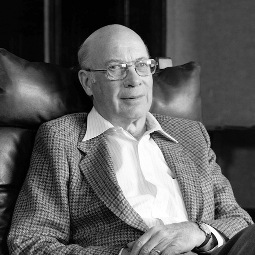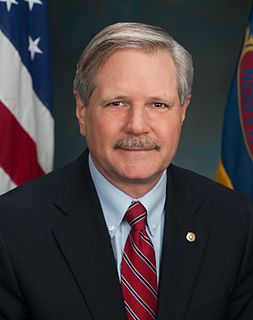A Quote by Bob Beauprez
Colorado's collective shale deposits contain somewhere in the neighborhood of 1 trillion barrels of oil. That's almost as much as the entire world's proven oil reserves!
Related Quotes
Venezuela has the biggest oil reserves in the world. And the biggest gas reserves in this hemisphere, the eighth in the world. Venezuela was a U.S. oil colony. All of our oil was going up to the north, and the gas was being used by the U.S. and not by us. Now we are diversifying. Our oil is helping the poor.
Regardless of how you feel about peak oil or global warming, the increased use of natural gas is a positive thing because it is being found at a rate that is faster than that of new oil reserves, it is relatively abundant, and our reserves are longer lived than our oil reserves... It does not get the kind of attention it deserves.
Instead of giving preference to oil imported from overseas, Washington should look to North American coal, oil shale and oil sands, all of which provide an affordable, abundant and alternative source of fuel. In addition to increasing cost effectiveness options for the government, it will also increase America's energy security.
By some estimates, the oil you recently discovered off the shores of Brazil could amount to twice the reserves we have in the United States. We want to work with you. We want to help with technology and support to develop these oil reserves safely, and when you're ready to start selling, we want to be one of your best customers.
































